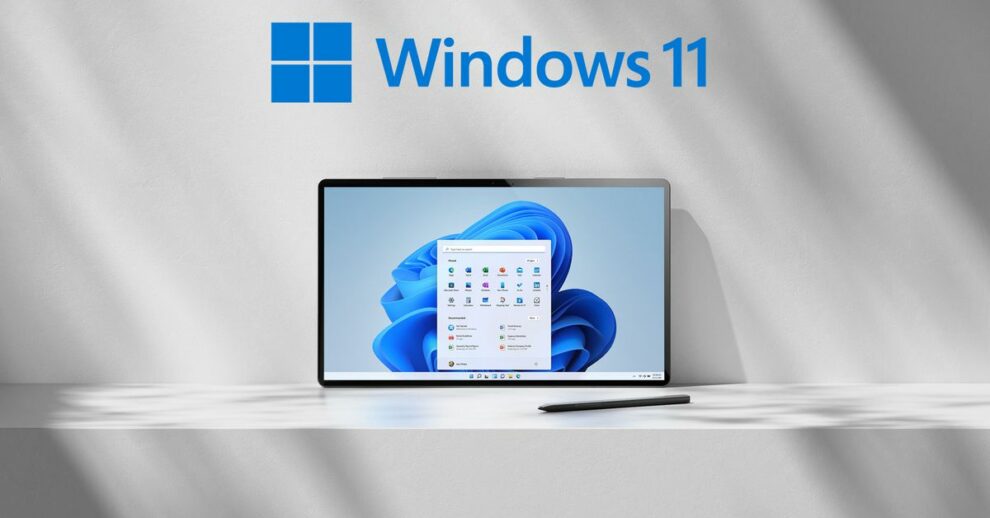A wave of misleading headlines swept through tech media this week following a routine update to Microsoft’s Windows 11 documentation, erroneously claiming the company had reversed its stance on hardware requirements for the operating system. The incident highlights ongoing confusion surrounding Windows 11’s compatibility policies and demonstrates how quickly misinformation can spread in technology journalism.
The controversy began when Microsoft updated a support article originally published during Windows 11’s launch in October 2021. This minor revision, which primarily involved copy-editing changes and the removal of outdated information about the PC Health Check app, was misinterpreted by several technology news outlets as a major policy shift.
German publication PC-Welt appears to have initiated the chain of misreporting, with its U.S. counterpart PC World following suit by declaring Microsoft was now officially permitting Windows 11 installations on previously incompatible devices. The misinterpretation quickly spread across prominent tech media outlets, with some going as far as to characterize the situation as Microsoft “raising the white flag” on its hardware requirements.
Senior Contributing Editor Ed Bott conducted a detailed analysis of the situation, comparing the original support document with the updated version using Microsoft Word’s document comparison features. His investigation revealed only minor editorial changes, with no substantial modifications to Microsoft’s longstanding policies regarding Windows 11 hardware compatibility.
The confusion forced Microsoft to issue a clarification, adding an important notice to the top of the updated support article on December 12, 2024. The company explicitly stated that the document’s purpose remained unchanged since its original publication: to inform users about the implications of installing Windows 11 on devices that don’t meet system requirements. Microsoft maintains its recommendation that users should roll back to Windows 10 if they’ve installed Windows 11 on non-compliant hardware.
This incident reflects a broader pattern of confusion surrounding Windows 11’s hardware requirements since its introduction three years ago. Microsoft’s communication strategy regarding these requirements has often been criticized for lacking clarity, contributing to ongoing misunderstandings among users and technology journalists alike.
One particularly interesting detail emerged from Bott’s investigation regarding the widely reported desktop watermark for non-compliant installations. While Microsoft’s documentation continues to state that such installations will display a watermark, extensive user testing and feedback suggest this feature was never implemented in official releases, despite being present in early preview versions during 2021 and 2022.
The situation underscores the challenges faced by both technology companies and media outlets in maintaining accurate communication about complex technical policies. While Microsoft does provide mechanisms for installing Windows 11 on unsupported hardware, primarily intended for corporate customers, these options don’t represent a change in the company’s official stance on minimum system requirements.
The rapid spread of this misinterpretation through technology media channels raises important questions about the state of tech journalism and the pressure to quickly publish breaking news. Many respected publications appeared to report on the supposed policy change without verifying the original source material or seeking clarification from Microsoft.
This episode serves as a reminder of the importance of thorough fact-checking in technology journalism, especially when reporting on policy changes from major technology companies. The swift propagation of the misinterpreted information demonstrates how easily misconceptions can become amplified across digital media platforms.
For Windows users, the practical implications remain unchanged. Microsoft continues to maintain its original hardware requirements for Windows 11, and while unofficial installation methods exist, they’re not officially supported by the company. Users considering such installations should carefully weigh the potential risks and limitations before proceeding.
The incident also highlights the need for technology companies to maintain clear, consistent communication about their policies and to ensure that updates to documentation are clearly marked and contextualized to prevent misinterpretation. As Windows 11 continues to evolve, maintaining transparent communication about hardware requirements and compatibility will remain crucial for both Microsoft and its users.
















Add Comment